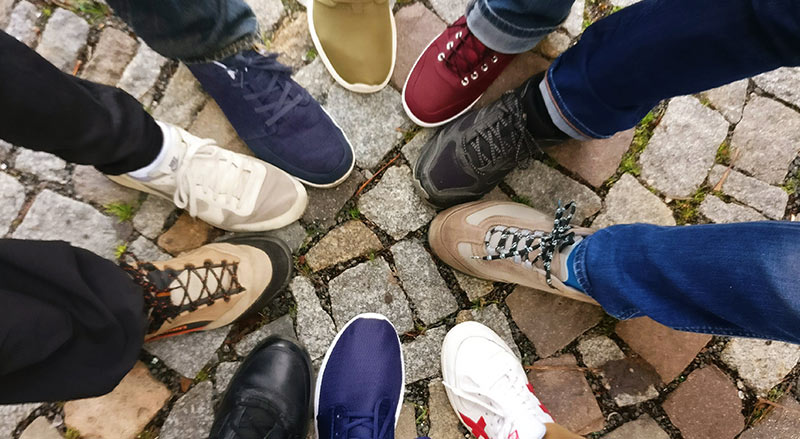By leveraging blockchain’s decentralised and transparent nature, organisations can establish an immutable and traceable record of every transaction and movement within the supply chain. This groundbreaking approach not only safeguards the authenticity of products but also empowers consumers, manufacturers, and regulatory bodies alike with real-time access to comprehensive and unalterable information.
UNISOT is a Web3 supply-chain traceability platform which uses the BSV blockchain to help global supply chains for everything from food to clothes, electronics and cars. UNISOT – which stands for ‘universal source of truth’ – provides global interoperability, which means that all of the companies in the global supply chain can interact and send information to one another in a very secure and cost-efficient way. Data monetisation is the second key offering that forms part of UNISOT’s product offering.
Presenting at the recent Unbounded Summit in New York, Stephan Nilsson (CEO and Co-Founder of UNISOT) explained that the ultimate goal of UNISOT (UNIversal Source Of Truth) is to provide global interoperability to all supply chain actors enabling them to be more sustainable, empowering greater transparency.’Our mission is to be the world leader and premium enabler for transparent and sustainable global supply chains,’
A massive market – but huge amounts of fraud
Nilsson noted that the global supply chain management software market is set to reach $33 billion by 2028. In addition, the global food and beverage market is set to hit $20 trillion by 2030. Despite the vast amount of money in these sectors, Nilsson noted that there are numerous pain points in the industry, including:
- >80% aggregated waste;
- 25% unused assets;
- $2.5 trillion in tied-up capital;
- $3 trillion in global counterfeiting.
Nilsson noted that some brands are more counterfeited than others, with Nike’s Air Jordan 1 currently the most counterfeited footwear on earth. They form part of a $3 trillion global counterfeiting market, which equates to roughly 3% of the world’s GDP.
Helping companies prove their products
UNISOT aims to address this enormous market by helping companies prove that their products are real. This includes:
- Sustainability: Prove that your products are sustainable to your customers;
- Provenance: Prove the origin and provenance of your products to your customers;
- Quality: Prove the quality and safety of your products to your customers;
- Ingredients: Prove the ingredients within your products to your customers;
- Environment: Prove the environmental impact of your products to your customers;
- Sourcing: Proving that your products are ethically sourced to your customers.
Part of this is done through the usage of a Digital Product Passport (DPP). The DPP supports the new EU Act on Ecodesign for Sustainable Products Regulation (ESPR) including the EU Digital Product Passport.
Under the new regulation, the DPP must ensure that all actors along the value chain, including consumers, economic operators and national authorities, can access product information relevant to them, as well as include the necessary data attributes to enable the tracking of all substances of concern throughout the life cycle of the product.
The DPP also improves the traceability of products along the value chain and facilitates the verification of product compliance by national authorities.
